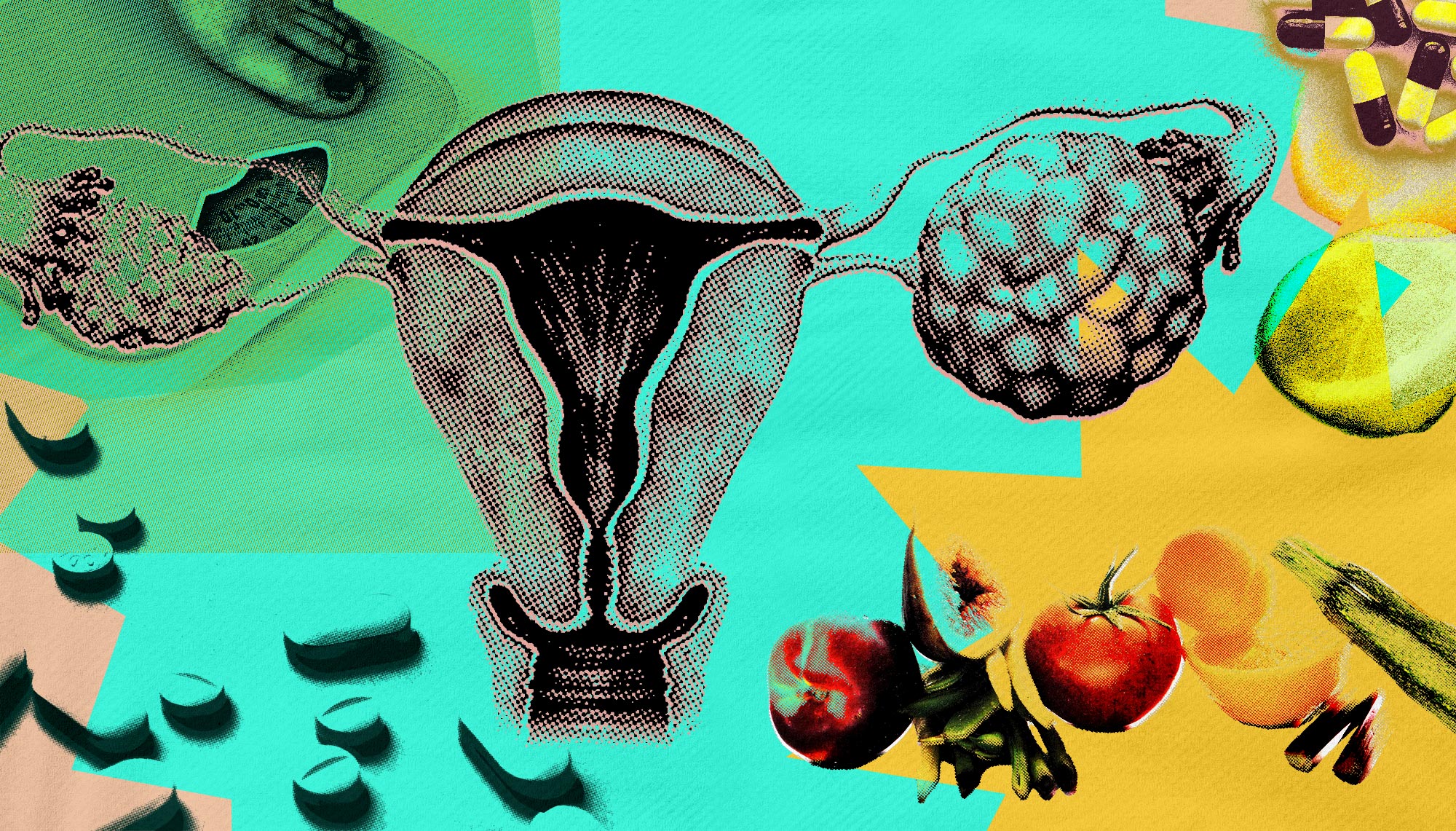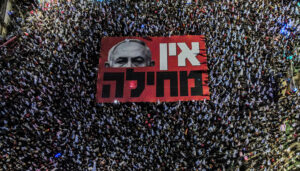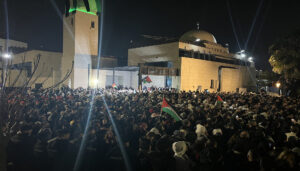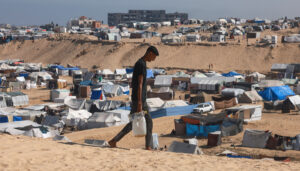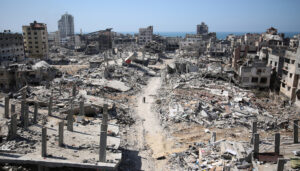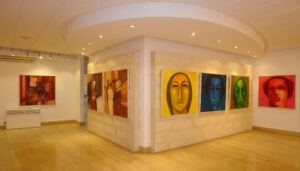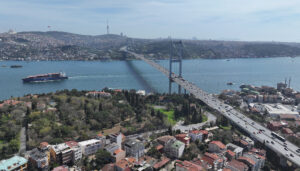
Last month, my kids and I said a sad, one-sided good bye to ‘Rakan.’ It seems we just said hello to the impish little boy who would stand by the roadside rubbing his chin for a hand-out each Eid. We first saw him years ago when we moved this neighborhood, when we were the minority intruders on his mountain, his way of life. The tents of his extended family seemed to stretch a city block, herds of goats and sheep were penned nearby as were horses and donkeys and chickens. Their tents were surrounded by fields in every direction, fields were not considered ‘undeveloped real estate’ then. Houses were the exception to the rule, whereas now there isn’t a plot of land without an apartment building. Not even one indigenous tree remains, just the carefully manicured topiary brought in from the garden store.
We watched him grow up. We used to take family walks around the neighborhood, stopping to watch his family go about their business, but as years passed we became too ‘busy.’ and flew by in the car instead. We met him as an active three year old boy, making me nervous as he played tag on the ruins of a Roman road, even sometimes crossing the street to bug the guardian of the mosaic remains of a Byzantine era church. There weren’t as many cars then, but I was sure it made his mom as crazy as it did me; I remember her yelling for him to come, as he played king of the mountain, inviting her to delight in his childish antics. He is twelve now, yet still inviting people to delight in him as his methods to get the attention of passing drivers become more sophisticated.
I’m not even sure that ‘Rakan’ was really his name. He said it for me during one Ramadan, when we stopped to drop off my sons’ clothes for him and his little brothers. He pronounced it slowly several times, and finally he gave up on my ability to say it correctly. His was a name I had never heard before; and he told me not many people have his name anymore; that is an old name, a ‘heavy’ name, as they say in Arabic. It had ‘g’ sound, not the modern clipped West Amman version ‘uh.’ A name well-chosen for a boy who lived a heavy, old life, perhaps chosen to connect another generation to a life-style his parents knew could end in his lifetime. A name he knew I wouldn’t understand any more than I understood his way of life, but would draw vivid pictures of Arab history in the memory of a Jordanian who heard it. Symbolic, perhaps, that his name isn’t a common one in these days, with people easily throwing away ‘old’ things and eagerly replacing them with ‘modern’ things. I wonder how much of Arab heritage and historical value is being trashed in the pursuit of the ‘thing’ oriented Western pop-culture?
That ancient church is now covered by an apartment building, the mosaic taken to Madaba for restoration, its foundation stones only valuable as new foundation filler. The Roman road is covered with the construction debris of yet another new building near by. In fact, new buildings had hemmed Rakan’s family tents in on every side, slowly, surely, year by year out of those caterpillar-laden fields rose vertical obstructions to their clear views of the sunrise and sunset. A lifestyle lived for a millennium buried, the lessons of history now forgotten for the sake of economic growth and ‘progress.’

My boys loved him, talked about seeing him every Eid, standing at the side of the road inviting drivers to stop and give their zakat. He was different than the beggar boys at the stop-lights; his eyes were bright and alive. He exuded confidence that he was helping people receive God’s blessing by helping his family, he just shrugged with a smile at those who choose to not see him, and miss the joy of entering his world. We saw him; once almost too well as I nearly hit another car in our exuberant waving. I remember how he rolled in the dust, unashamed of his proximity to the dirt, dying of laughter at that near miss. We watched people drive by who made him invisible, who were ashamed of him as he belly-laughed so close to the earth.
I wish we could see him again, but he left too soon. I knew it wouldn’t be long before this day came. How I wished we could have said goodbye. To make that visit I promised after Ramadan. I knew I should have gone, but I assumed his familiar tent would still be there during the big Eid, that this inevitable day wouldn’t come quite so quickly. It took me this long to make sure my motives weren’t just to tell my friends I had visited real Bedouins, to tell tales of his way of life to my cinder-block building bound gal-pals. I wanted to affirm the dignity of his ancient lifestyle, to take responsibility for my role in entering his world. To tell his mom what a sweet son she had raised. My kids wondered if his family talks about us as much as we talked about them. We had cars for him, why didn’t I just go?
Even before Christmas this year, my kids were collecting their toy cars for him, knowing he loved cars. They finally decided to give away all of them, they couldn’t decide which ones he would like best. This tent-dweller helped my kids be thankful for their excessive possessions, and see that they were really happier sharing them than gathering dust sitting the in closet. He taught them about God’s sovereignty, as when their prayers for snow weren’t answered, they wondered if maybe it wasn’t more important that ‘Rakan’ stayed warm in his tent. At first they asked why his hair was matted and his clothes so dirty, wondering if his mommy loved him if she didn’t wash him more often. To my kids, making sure they had clean clothes and faces was a sure sign I cared for them, didn’t his mommy care? One day we saw her dragging a container of water in the morning, and saw the clean clothes flapping in the breeze that afternoon. My kids then understood that every drop of water that mom used to wash had to be hauled from far; there was no tap to turn on. They then knew his lived-in appearance wasn’t about lack of maternal love, but reality. Without a refrigerator, she had to buy and cook and clean everything with her own hands: for a large family, it was a hard job. He could be well-loved and still have dirty hair.
Goodbye, Rakan. I drove by last month, and instead of his tent there was a crane pouring cement. He was gone, so quickly, and with him, the daily reminder to all our neighbors of a former life that was hard, but real. Urdani; not a pseudo Western wanna-be replication of life. An identity lost. We forced him out of his rightful place, his birthright as a Bedouin. It is our loss, as well as his. If, God-forbid, this crazy world does commit suicide and our affluent way of living is gone, who will teach us to be people of the land again?
We will miss him so much. But I am proud of him and his family, for not giving up and entering our world, but finding new pastures to live theirs.




